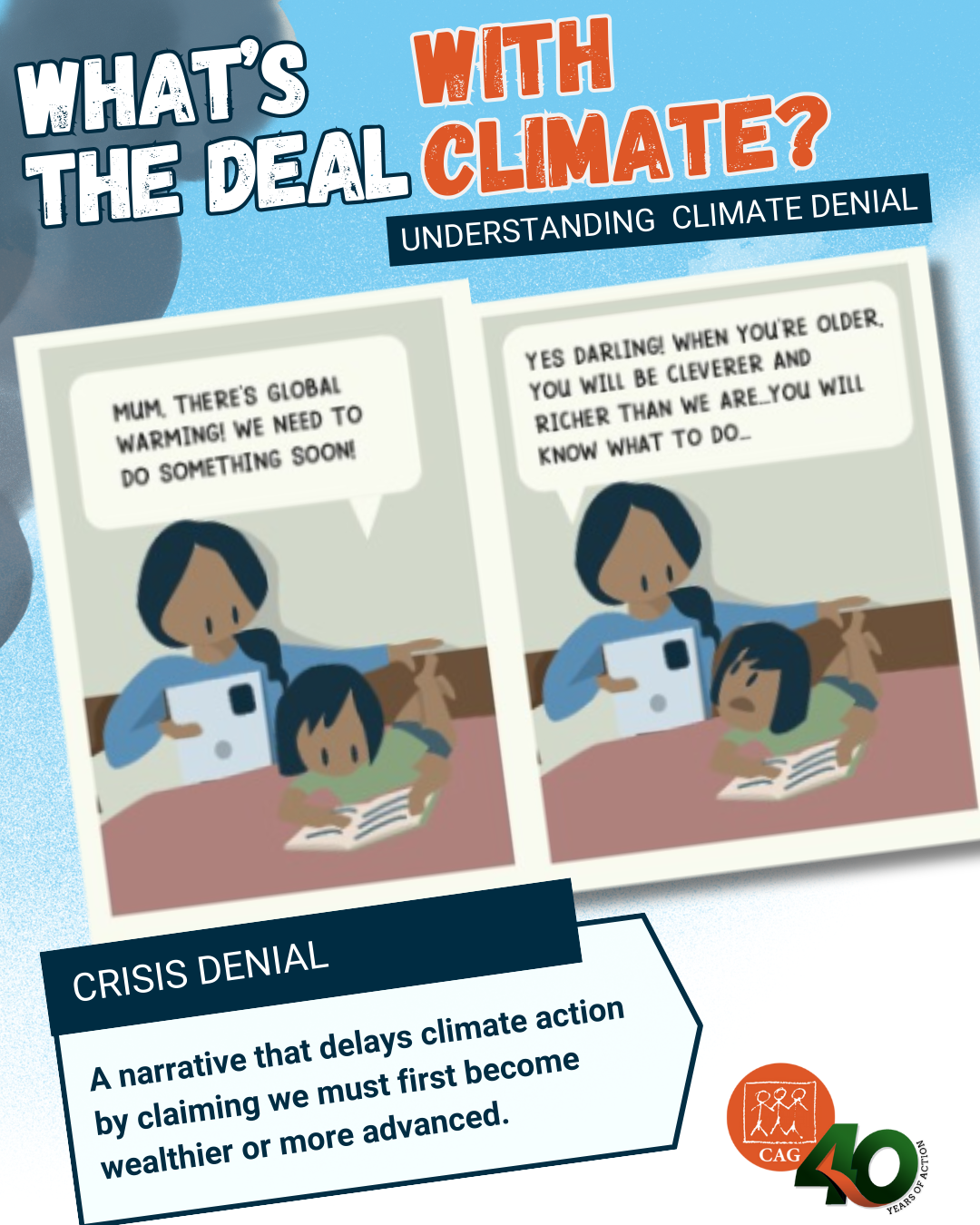Helsinki vs Chennai - Design, not blame
In Helsinki, safety isn’t left to chance, it’s designed into every street.
The city has reimagined its streets by narrowing roads, widening pavements, adding trees, and building over 1,500 km of dedicated cycling paths - all to make walking and cycling safer and more inviting.
Chennai can take inspiration by identifying key pedestrian and school routes, redesigning junctions for slower vehicle speeds and creating a connected network of footpaths and cycle tracks.




